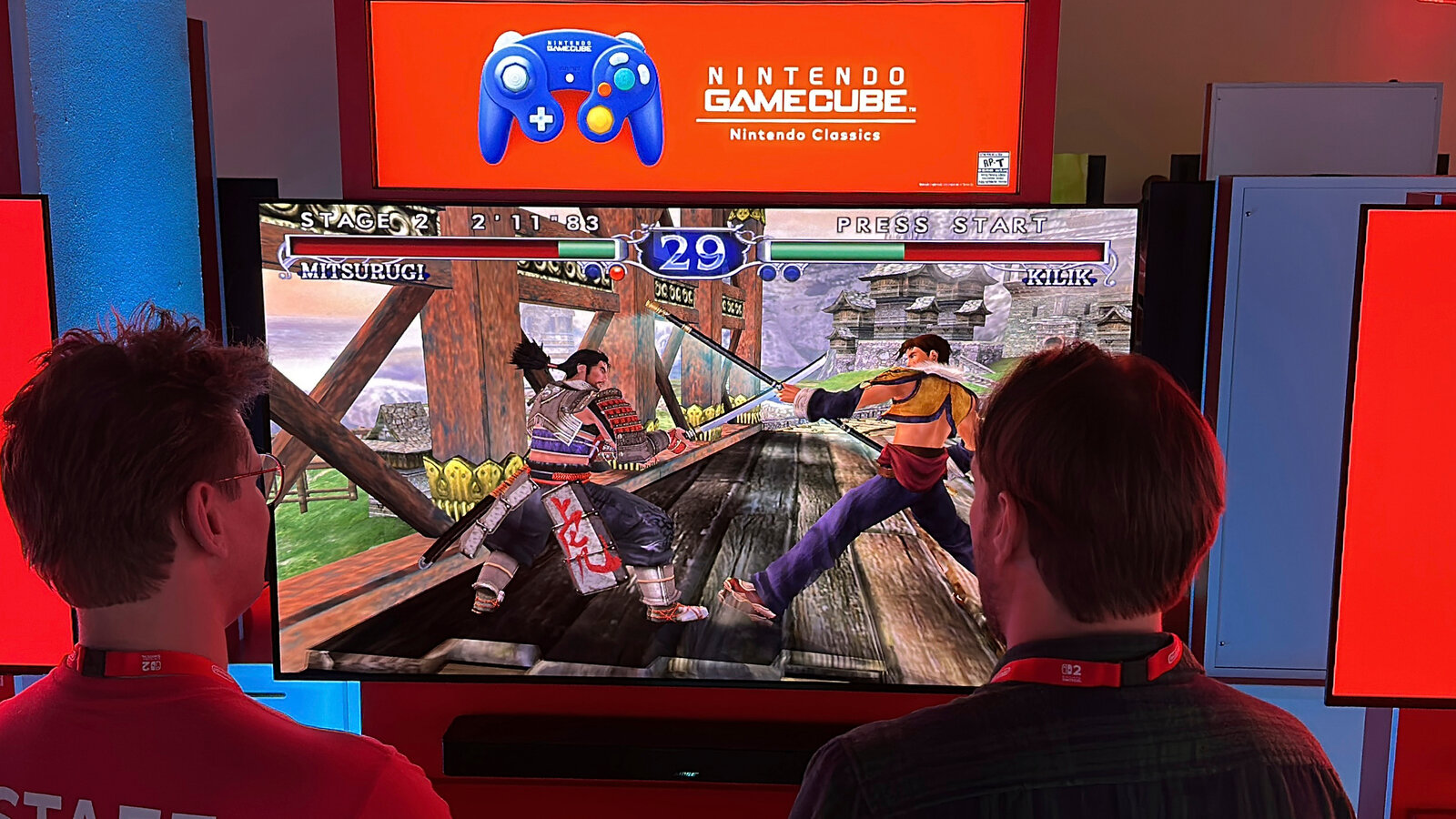Trade War Tremors: Nintendo Switch Caught in Tariff Crossfire

In a strategic move to navigate the complex landscape of international trade, Nintendo has shifted its manufacturing base from China to Vietnam, primarily to sidestep the escalating tariffs imposed during the Trump administration. However, the unpredictable nature of trade policies during that period created significant challenges for the gaming giant, forcing them to constantly adapt their production strategy.
The company's decision to relocate manufacturing was driven by the need to minimize economic risks and maintain competitive pricing for their popular gaming systems and accessories. By diversifying their production locations, Nintendo sought to create a more resilient supply chain that could withstand the volatile geopolitical tensions of the time.
Despite their careful planning, the mercurial trade policies and sudden shifts in tariff regulations kept Nintendo's leadership on their toes, requiring constant reassessment of their global manufacturing approach. This experience underscored the importance of flexibility and strategic agility in an increasingly interconnected global marketplace.
